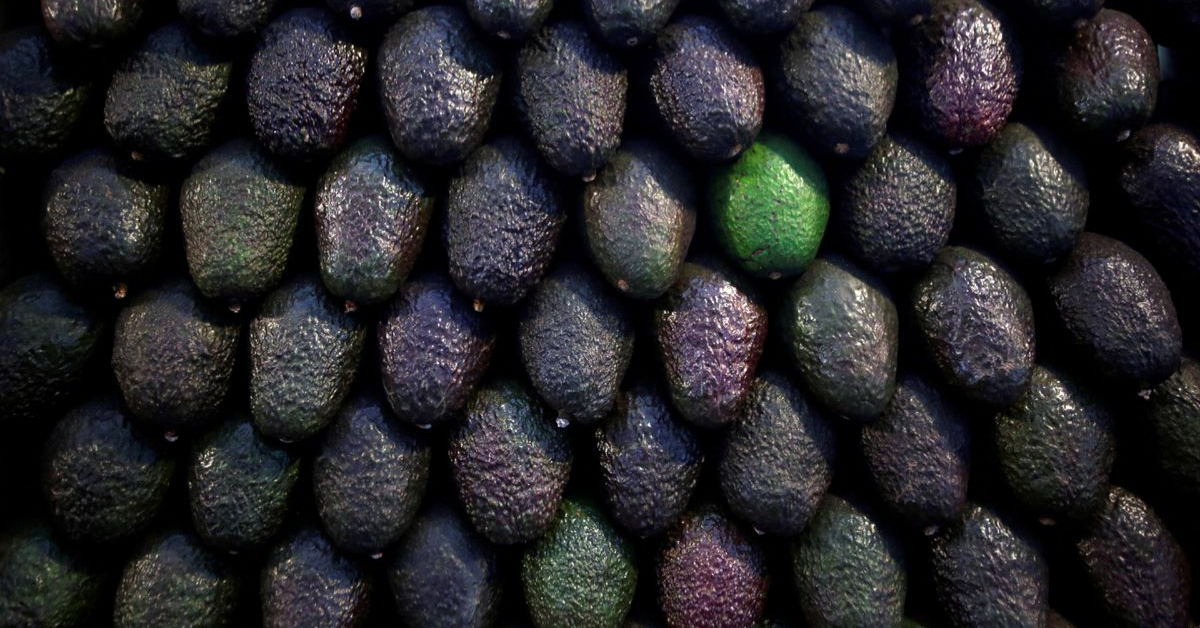Michoacán, Mexico — The Mexican state of Michoacán and the United States have agreed on a new security model for the avocado sector, allowing the resumption of exports of the green fruit to the United States. This development was confirmed by Michoacán’s governor, Alfredo Ramírez Bedolla, on Monday.
The export of avocados and mangoes from Michoacán to the United States was halted in mid-June following a security incident involving two U.S. government inspectors. The suspension affected a crucial economic activity in the region, where avocado farming plays a significant role.
President Andrés Manuel López Obrador expressed optimism earlier in the day, stating in his morning press conference that he expected the conflict to be resolved promptly. The incident with the U.S. inspectors had led to the suspension of avocado and mango imports from Michoacán to the U.S., impacting the agricultural sector in Mexico.
“An agreement has already been reached, a security model for inspectors,” announced Governor Ramírez Bedolla during a joint press conference with U.S. Ambassador to Mexico, Ken Salazar. “Since Saturday, activity has been recovering,” he added, indicating the positive developments since the agreement.
Ramírez Bedolla elaborated that the agreement would enable the reestablishment of the inspectors’ work, thereby reactivating the export of avocados and mangoes to the United States. Ambassador Salazar noted that the plan is to allow inspectors to work as they have done for years, though specific details of the security measures were not disclosed.
“The aggression that occurred on Friday night worried us a lot,” said Ambassador Salazar, referring to the incident involving the U.S. Department of Agriculture (USDA) inspectors, who were Mexican nationals. The security of inspectors has been a longstanding concern in Michoacán, where criminal groups have targeted avocado producers for extortion and other crimes related to drug trafficking and illegal logging.
On Friday, Ambassador Salazar announced that USDA inspectors would gradually resume their inspections of avocados and mangoes in Michoacán. This region has faced significant challenges due to criminal activities, which have jeopardized the safety of both local producers and international inspectors.
Official data highlights the importance of Michoacán’s avocado industry, with the state accounting for 90% of Mexico’s fresh or dried avocado exports in 2023. These exports represented approximately $3.168 billion, with the United States being the largest importer, purchasing $2.629 billion worth of Mexican avocados.
The Association of Avocado Producers and Exporters Packers of Mexico (APEAM) has yet to comment on the situation. One of the leading exporters in the region informed Reuters that the economic losses from the suspension have not yet been quantified.
This incident is not the first time the safety of USDA inspectors has led to a suspension of avocado exports from Michoacán. In 2022, the United States temporarily halted shipments citing similar safety concerns. The recurring nature of these incidents underscores the ongoing security challenges in the region and the critical need for effective solutions to ensure the safety of all involved in the avocado supply chain.
As the new security measures are implemented, stakeholders in both Mexico and the United States will be closely monitoring the situation. The successful resumption of avocado exports is vital not only for the economy of Michoacán but also for the U.S. market, where Mexican avocados are highly sought after.
The cooperative efforts between the Mexican authorities and the U.S. government reflect a commitment to addressing these security issues. The hope is that these measures will provide a sustainable solution, ensuring the safety of inspectors and the continuity of trade between the two nations.
Michoacán, Mexico — The Mexican state of Michoacán and the United States have agreed on a new security model for the avocado sector, allowing the resumption of exports of the green fruit to the United States. This development was confirmed by Michoacán's governor, Alfredo Ramírez Bedolla, on Monday.












